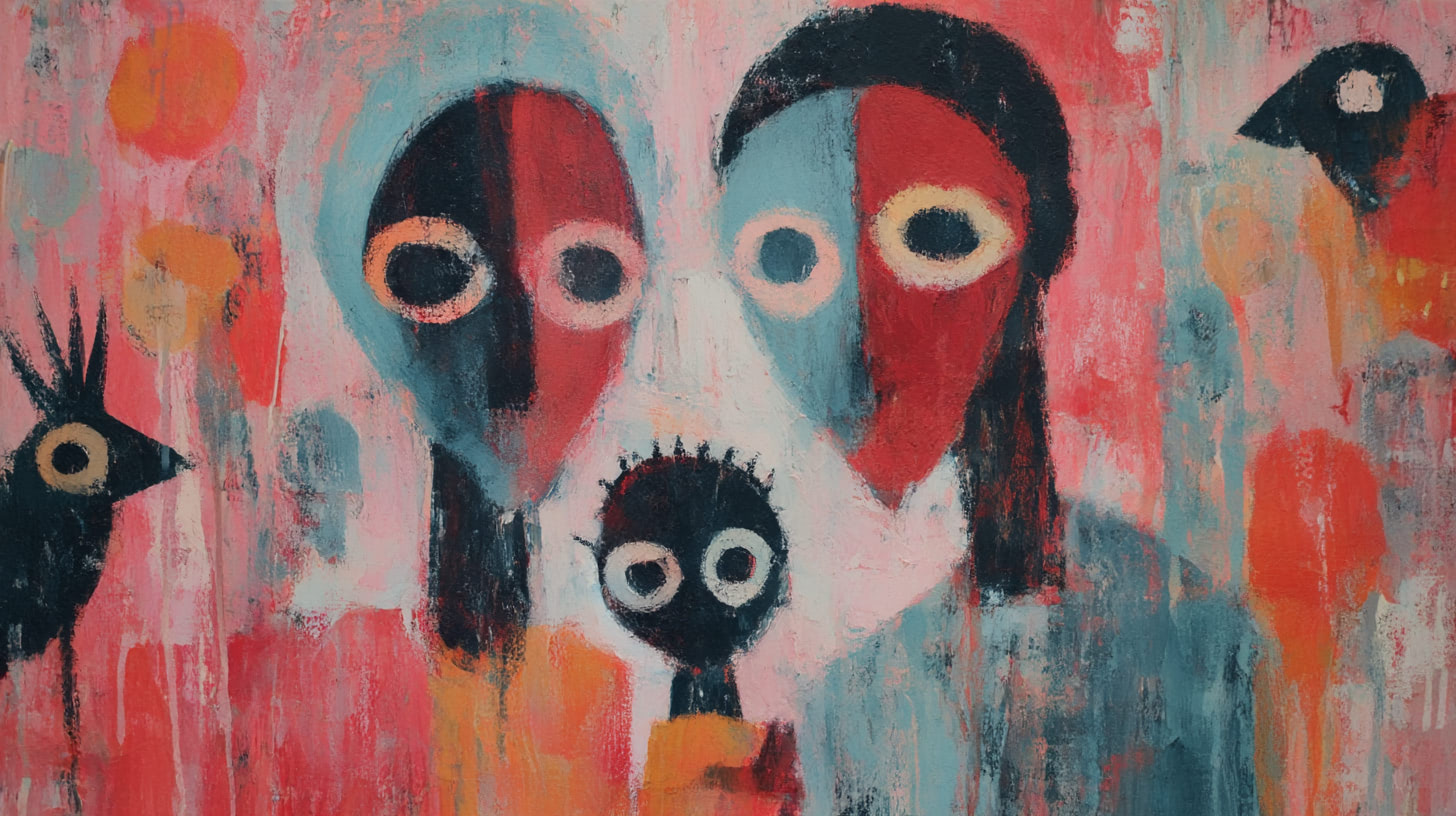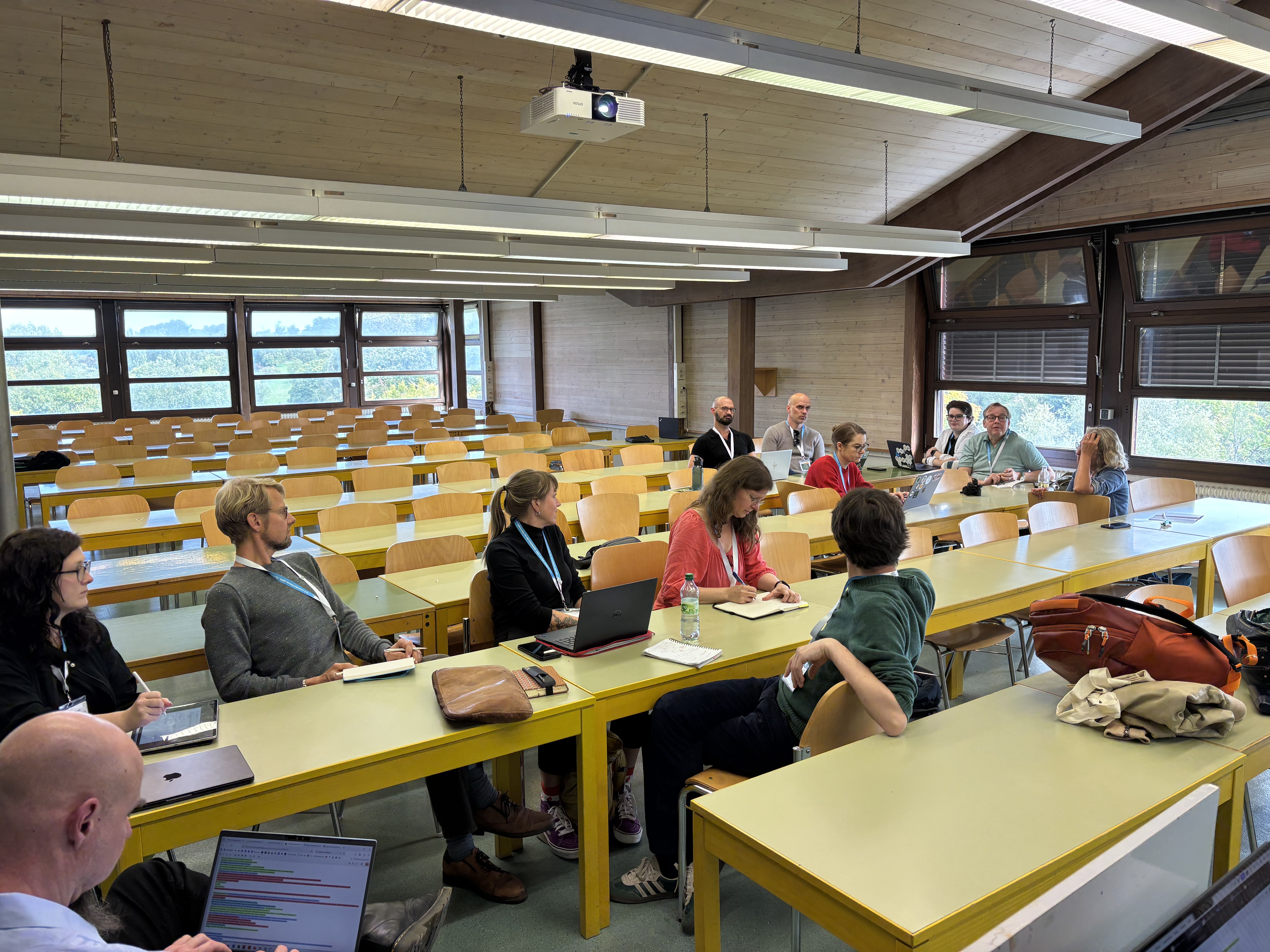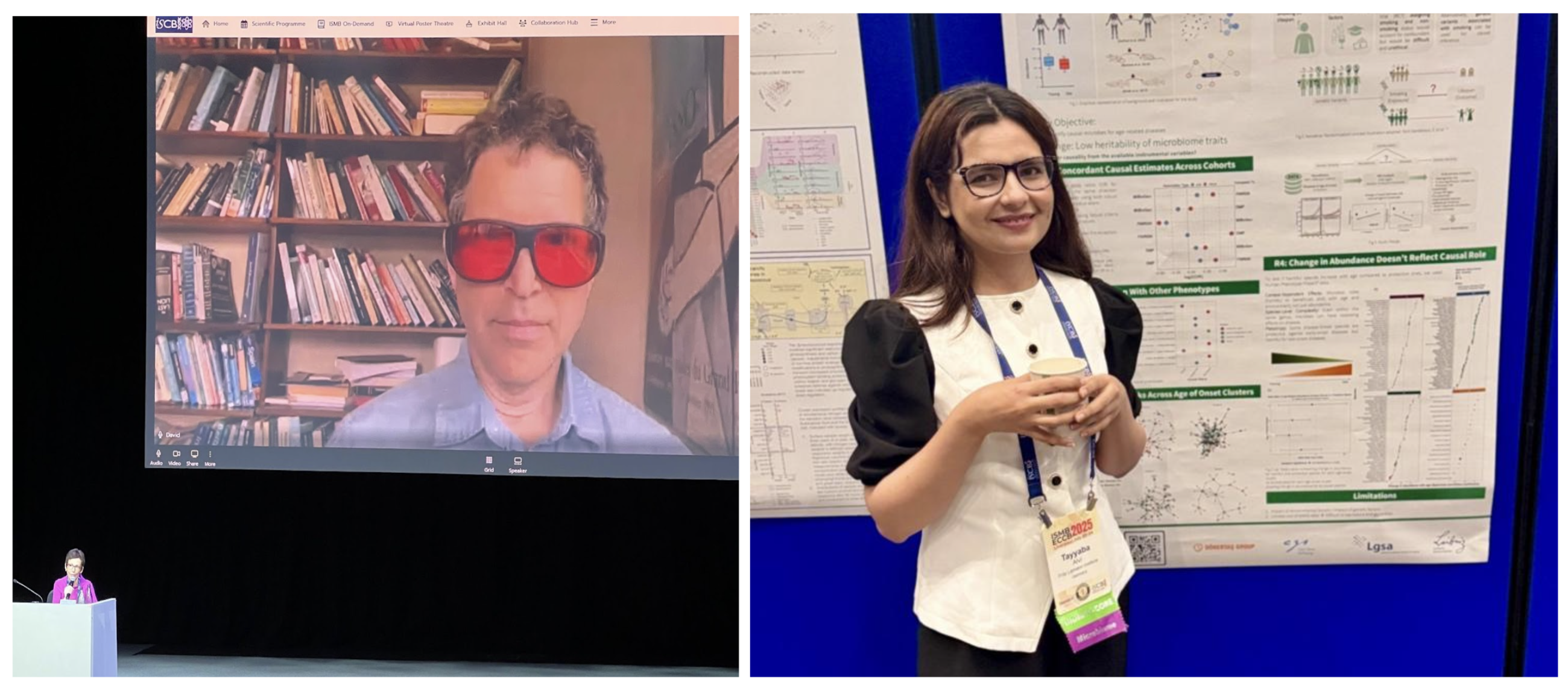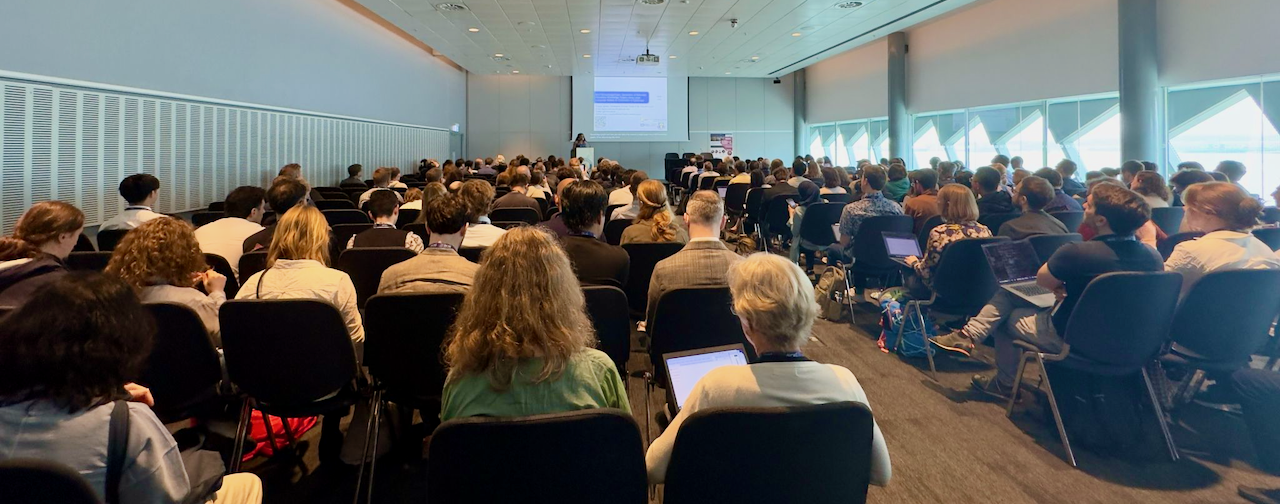At the sixth NFDI4Chem consortium meeting, Torsten Schrade from the NFDI4Culture consortium gave a lovely and whimsical talk entitled A Data Alchemist’s Journey through NFDI which explored ways that we might federate and jointly query both consortia’s knowledge via their respective SPARQL endpoints. He proposed a toy example in which he linked paintings depicting alchemists trying to make gold to compounds containing gold.
Messaggi di Rogue Scholar

KINSHASA et LUMUMBASHI, le 7 octobre 2025 (La Fondation Apprendre Genève) – « Ces jeunes filles qui ont des grossesses indésirables, quand elles mettent au monde, elles ont tendance à laisser les enfants livrés à eux-mêmes », explique Marguerite Bosita, coordonnatrice d’une organisation non gouvernementale à Kinshasa.

On the launch of Book 1 in the Echoes of Tomorrow series — and why fiction might be our best tool for understanding the technology shaping our lives.

Signal and noise

When I first started my PhD in France, I couldn’t help but address my PI with the formal “you” in french (“ vous ”), instead of the informal “you” (“ tu ”). She was very quick to tell me to use the informal form. It took some getting used to, but I stuck to it.
This is part 3 of 5 of a series of posts [1] about ICFP 2025. It's been about six years since we wrote the papers on parallelism and effects, and four years since we helped to release upstream OCaml 5.0 with multicore support, a mammoth effort that took up years of work for my OCaml Labs and Tarides crew.

Das Projekt Infra Wiss Blogs des Lehrstuhls Information Management am Institut für Bibliotheks- und Informationswissenschaft (IBI) war auf den Open Access Tagen 2025 mit dem Workshop „Wissenschaftsblogs als integraler Bestandteil der Open-Access-Landschaft“ vertreten. Der Workshop wurde von Catharina Ochsner und Heinz Pampel zusammen mit Björn Gebert (Mittelalterblog) &

The Infra Wiss Blogs project by the Research Group Information Management was represented at this year’s Open Access Days with the workshop “Scholarly blogs as an integral part of the open access landscape”. The workshop was organised by Catharina Ochsner and Heinz Pampel (Humboldt Universität zu Berlin (HU Berlin), Berlin School of Library and Information Science (IBI) in collaboration with Björn Gebert (Mittelalterblog &

The call for applications for round 3 of the OBF Event Fellowship for 2025 is now open. The deadline for this round is 1 December 2025. You can submit your application through this Google Form. We have provided a Word template to help you draft the application locally before filling out the form – make a copy of this template.

BOSC 2026 , the 27th annual Bioinformatics Open Source Conference, will take place July 13-14 or July 15-16 in Washington, DC, as part of ISMB 2026. We hope you will join us in person or online! Since 2000, BOSC has covered all aspects of open source bioinformatics and open science. BOSC 2025 took place July 21-22, 2025 in Liverpool, UK (as part of ISMB/ECCB 2025). Read our BOSC 2025 report on F1000Research!
Giving students fair, justified and consistent feedback on their work is a cornerstone of good teaching practice. So how consistent are humans when they are grading programming assignments?